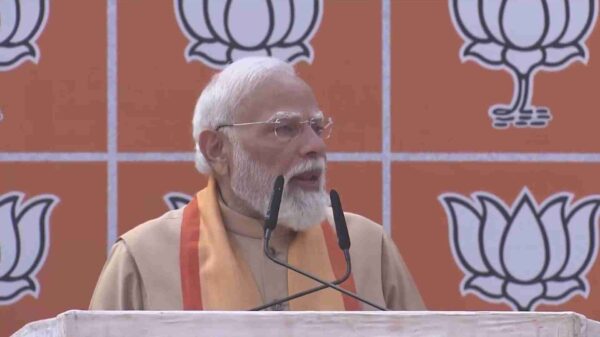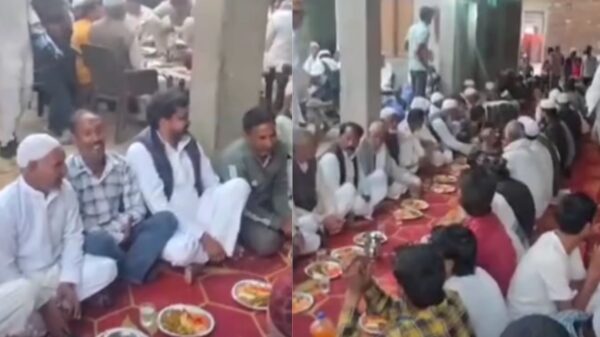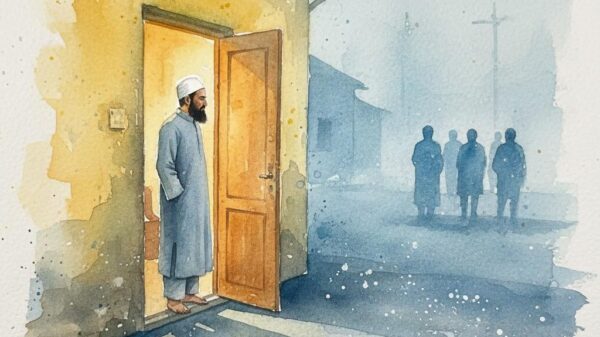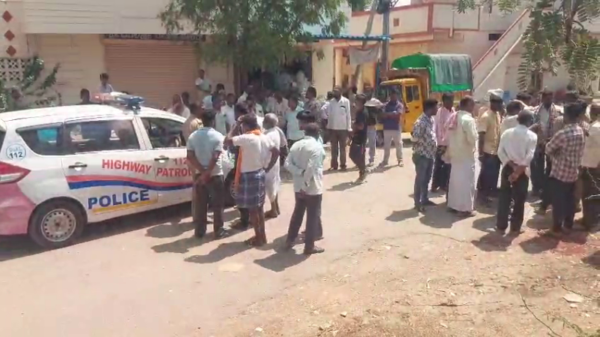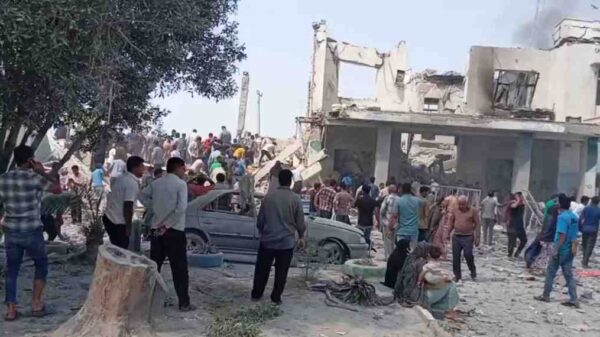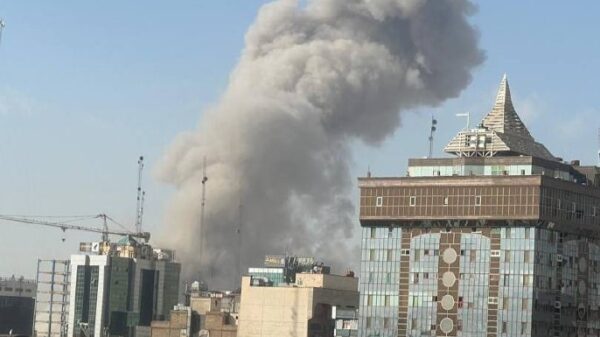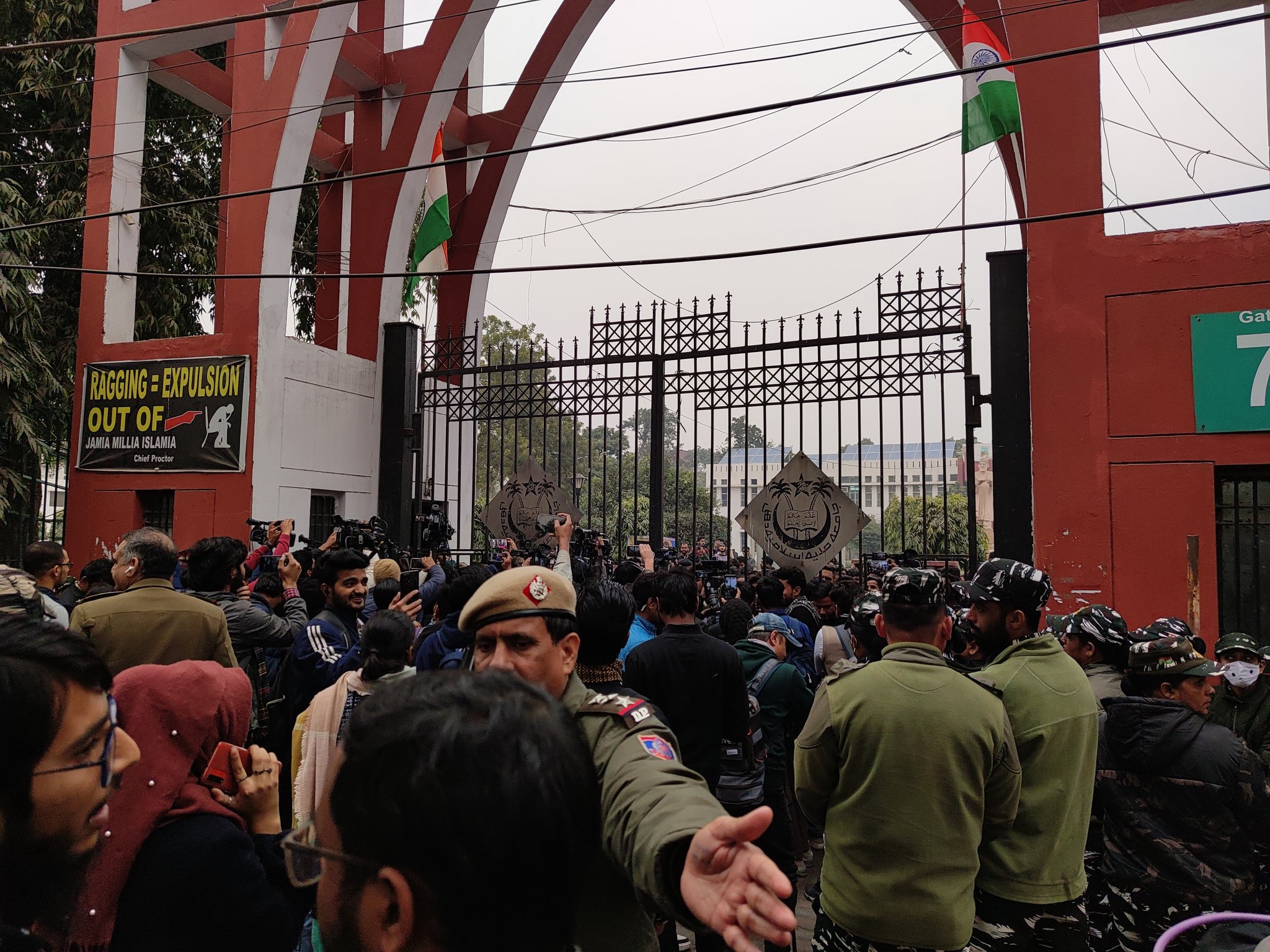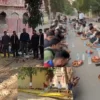By Guest Author
Two recent decisions by Jamia Millia Islamia (JMI) have sparked debates about the balance between campus discipline and democratic expression. On December 20th, the university issued two notices introducing stricter measures against defacement of walls and ramping up security, including the appointment of a retired police officer as Security Advisor.
The first notice warns against writing slogans or putting up posters on campus walls, citing the Delhi Prevention of Defacement of Property Act, 2007. Violators could face fines of up to ₹50,000, suspension, or legal action. To enforce these rules, the university has increased CCTV surveillance and security patrols.
The second notice announced the appointment of Syed Abdul Rashid, a retired Additional Deputy Commissioner of Police, as the university’s Security Advisor. His role includes overseeing campus security, managing personnel, and ensuring law and order.
“The appointment of a former Deputy Commissioner of Delhi Police as the security advisor makes you wonder where universities are heading. These spaces are supposed to encourage learning and open discussions, but decisions like this create an atmosphere of control and censorship that can really stifle academic growth. Even defacement of walls, which used to be seen as a form of resistance, is now being labelled ‘anti-national.’ It’s a worrying shift,” said Danish Pandit, freelance journalist and former student at Jamia Millia Islamia’s AJK MCRC.
Graffiti and posters have historically been symbols of resistance. For example, during Israel’s prohibition on raising the Palestinian flag, the image of a watermelon became a symbolic representation of the flag. This symbol spread globally and was widely adopted. Similarly, graffiti often becomes a medium of expression when people’s ability to voice dissent is restricted.
University campuses have historically played a pivotal role in activism. During the Emergency in 1975, universities were at the forefront of resistance, which later grew into a nationwide movement. More recently, Jamia became a central hub for protests against the CAA-NRC. The movement began on campus, gained momentum after the police crackdown on December 15, 2019, and eventually led to the Shaheen Bagh protests, which captured global attention.
“The notice issued by the Jamia administration is, in a way, a restriction on the constitutional right to freedom of expression. Expressing one’s views within reasonable limits is a fundamental right, and graffiti is one of the ways people do that. However, erasing graffiti or wall paintings altogether directly suppresses this right to expression,” said a master’s student at Jamia Millia Islamia who requested to stay anonymous as he fears being targeted.
Restricting traditional spaces like campus walls for posters and slogans risks deteriorating the dialogue and debate central to university life. Alternatives like “Walls of Democracy” could offer a balanced solution, providing students a designated space to express their ideas without violating the rules.
“This is called complete militarisation of campus,” says a PhD student at Jamia Millia Islamia (anonymous), commenting on the appointment of Syed Abdul Rashid as Security Advisor.
Jamia’s tighter security measures and stricter regulations bring up a critical question: how can universities maintain discipline and order without silencing the voices that define campuses as spaces for critical thinking and dissent?
*The writer is a student at Jamia Millia Islamia and has decided to stay anonymous.






